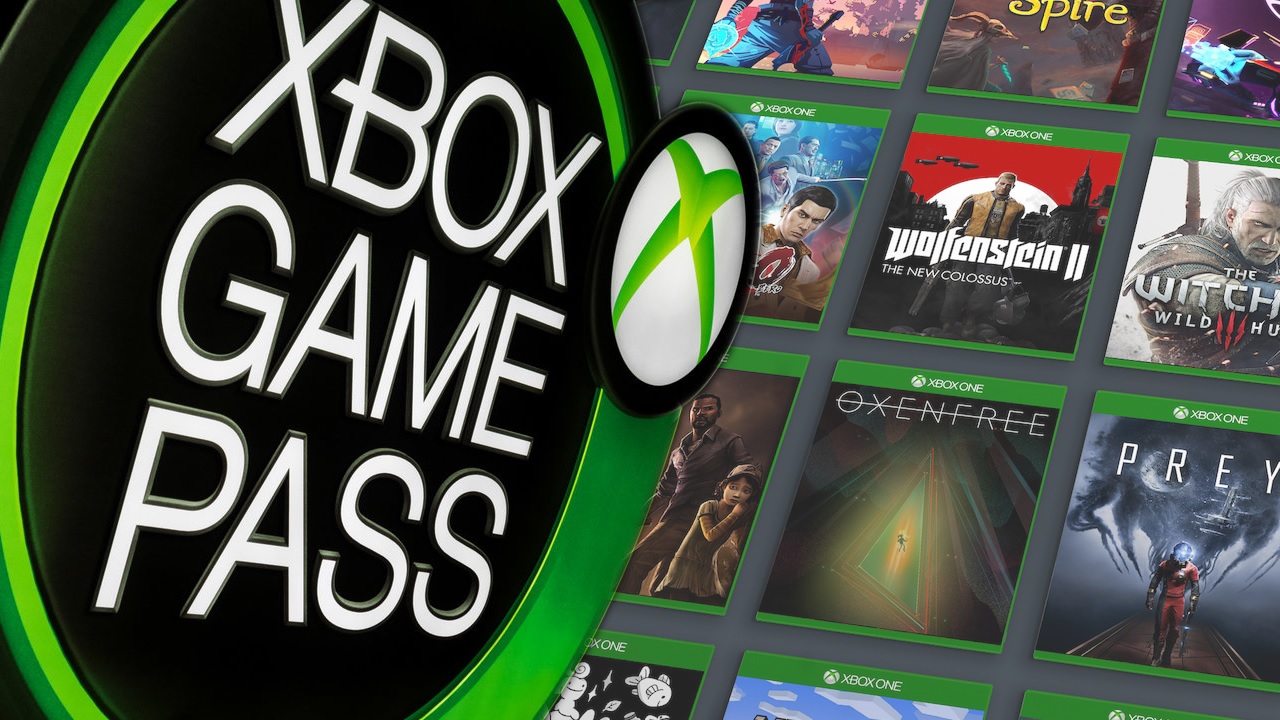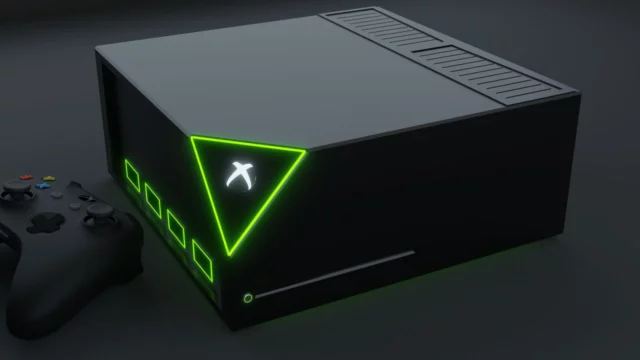Xbox Game Pass, one of Microsoft’s strategic investments in the gaming industry, is once again at the center of controversy. While the company maintains that this subscription model is profitable, the layoffs of 9,000 employees across various divisions, particularly Xbox, have raised questions about its sustainability. There is a significant divergence between the profitability statements regarding Game Pass and the views of some players in the gaming industry.
Game Pass service in the spotlight
Some sources close to Microsoft claim that Game Pass is still profitable. This statement was supported by interviewees to The Game Business and Windows Central. However, Raphael Colantonio, founder of Arkane Studios, believes Game Pass is unsustainable. According to Colantonio, Microsoft is subsidizing the system at a loss and contradicting the classic game sales model.

A similar assessment came from Larian Studios, the developer of Baldur’s Gate 3. Larian stated that Game Pass directly negatively impacts sales. However, Microsoft’s statements indicate that the service remains profitable even after accounting for potential lost sales.
Calculations of Game Pass’s profitability are based on licensing fees paid to third-party studios, marketing expenses, the service’s infrastructure costs, and revenue generated by users purchasing games directly. However, investments in games directly developed by the company are not included in this equation.
Microsoft’s approach suggests that titles like Forza, Avowed, Doom, Diablo, and Call of Duty, which were included in Game Pass on launch day and developed by in-house studios, are subject to different accounting because they generate revenue not only through Game Pass but also through traditional sales and microtransaction channels.
Game Pass has gained significant momentum in recent months, particularly in the US market. A significant increase in subscription numbers is known to have occurred in the first months of 2025. Microsoft-developed games released in May 2025 ranked high on US sales charts, according to Circana data.













